Photo credits: Yale Daily News
On the morning of April 21, 1970, a black assistant professor of philosophy called on a crowd of 4,500 people to “shut down” Yale University.
According to The New York Times, the throng came come to show solidarity for the 14 Black Panthers who are facing murder and abduction accusations in this city. Many people in the audience, including Yale students, teachers, and white and black residents of the New Haven community, applauded and cheered. With clenched fists up in the air, they started shouting, “Strike, strike, strike.”
Because the professor, Kenneth Mills, had requested acclamation rather than a vote or a show of hands, it was impossible to gauge support for the motion against the institution. It was also hard to tell how many students were in the crowd at the university’s Ingalls Rink.
Mr. Mills had previously said that the institution should be closed “in respect of the severe situation, in recognition of the reality of tyranny, in recognition of exploitation” earlier in the evening.
Charles R. Gary, a lawyer for some of the Panthers, David Hilliard, the Black Panther chief of staff, was released from prison today after his contempt of court sentence was lowered, and Yale chaplain Rev. William Sloane Coffin Jr. was among others who spoke. A Puerto Rican student representative, a few other Yale students, and several black community leaders in New Haven also addressed.
Mr. Hilliard claimed he was released because he was “crafty enough to trick” the system. He was released earlier today after apologizing to the judge who had sentenced him to contempt of court.
When Mr. Hilliard pushed pupils to “murder pigs,” the mostly white audience booed. Mr. Coffin requested support for a nonviolent protest on Friday to draw attention to the New Haven court and “to inform the country that some of us believe this entire trial was a terrible mistake.”
Members of the Yale College Student Senate had pushed students to vote in a mass assembly the night before to start a campus strike. In the previous week, tensions at Yale had been slowly rising. Some students started making arrangements to transfer stereo music equipment and other valuable personal goods off-campus on the afternoon of April 21, 1970, in anticipation of possible disturbance and looting between now and the then-forthcoming May Day event. Others, fearful of the university’s shutdown, stocked up on canned goods.
The trial, as well as a number of minor rallies on the Town Green in front of the white marble State Superior Courthouse, where preliminary hearings were taking place, crowded restaurants, barbershops, and businesses in midtown New Haven. The majority of the time, it was all about law and order.

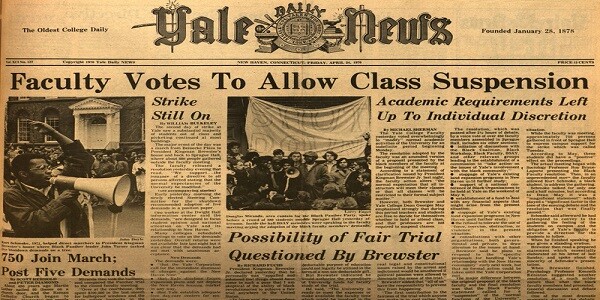



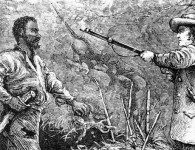

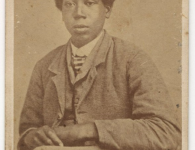
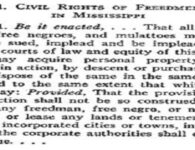

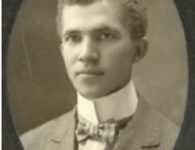

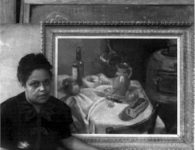
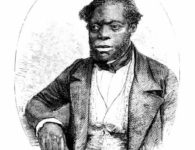

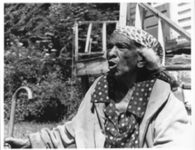
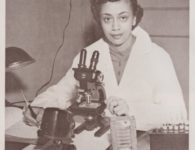
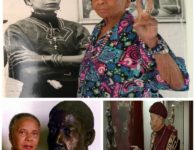

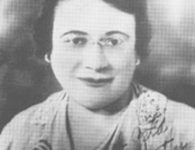

No comments